By Prosper Okoye
In a report that signposts the worsening environment in which journalists in Nigeria operate, it has been reported that more than 128 journalists in the country have faced detention, harassment, or other threats while performing their duties between 2023 and 2024.
The figure includes 68 documented attacks during the #EndBadGovernance protests in August 2024, where journalists were targeted with violence, arrests, and intimidation while others were during the immediate past administration of President Muhammadu Buhari
This was contained in a statement issued by Gatefield and the Centre for Journalism Innovation and Development (CJID) in Abuja following the screening of Gatefield’s Cost of Truth documentary and a civic space dialogue on the state of free speech in Nigeria.
The Cost of Truth documentary sheds light on the human cost of Nigeria’s restrictive laws, particularly Section 24 of the Cybercrime Act, and highlights state actions used to suppress dissent. Through personal narratives and investigative reporting, the film underscores the urgent need for legal reforms to protect journalists and uphold citizens’ rights.
According to Shirley Ewang, Advocacy Lead at Gatefield, the deteriorating state of press freedom in Nigeria is a cause for worry, urgin Nigerians to unite against suppression.
“Press freedom in Nigeria is under siege, with nearly 70 journalists arrested this year—double the figure from earlier in the year. Citizens, too, feel silenced, as daily threats and intimidation create an atmosphere of fear. But history shows that collective action works. From #FreeDanielOjukwu to resisting the persecution of #EndBadGovernance protesters, we’ve proven that together, we can confront and overcome these challenges to our democracy” she said
Concurring with Ms Ewang, Tsema Ede, a social justice advocate, emphasised the critical role of citizens in defending democratic rights.
“The most powerful force in any democracy is its citizens. Even when the system fails us, we must remain intentional about protecting our rights, defending the rights of others, and securing our future. Many of us feel weary, but we cannot afford to give in to despair. Our collective strength drives meaningful change, and now, more than ever, we must stand firm.”
In her submission, Christiana Longe, Project Manager for Media Freedom at CJID noted that although there constitutional safeguards for press freedom have been enshrined in Sections 39 and 22 of 1999 Constitution as amended, these rights are increasingly under attack.
Adebayo Aare, Project Associate for Media Freedom at CJID, showcased the Press Attack Tracker, a tool documenting incidents of violence, arrests, and harassment against journalists nationwide.
Participants at the event called on President Bola Ahmed Tinubu to end what they described as his administration’s “war against free speech”, urging him to uphold press freedom and ensure a safe and enabling environment for journalists to carry out their work without fear of reprisal.
Reacting to the report, Nathan Williams, a journalist with Classic FM Abuja remarked that “While we may not capture every case of human rights violations against free speech, the voices we’ve heard reflect a shared sentiment. Citizens are realising the importance of speaking up—staying silent only allows more harm. Now is the time to raise our voices.”
On her part, Ameenah Bintu Muhammad, Team Lead at Connected Hands for Family Health & Empowerment Initiative, called for broader outreach and localisation of such projects.
“We need more storytelling like this, especially in local languages. In one way or another, every Nigerian has experienced their rights being stifled.”
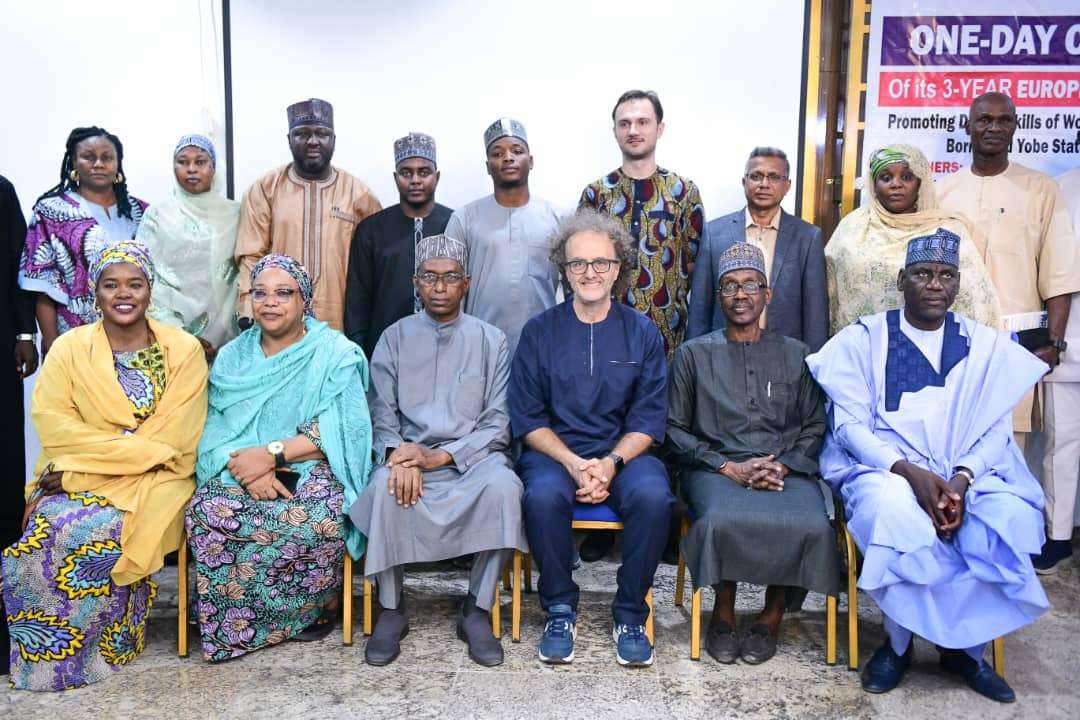

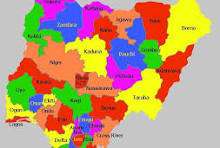
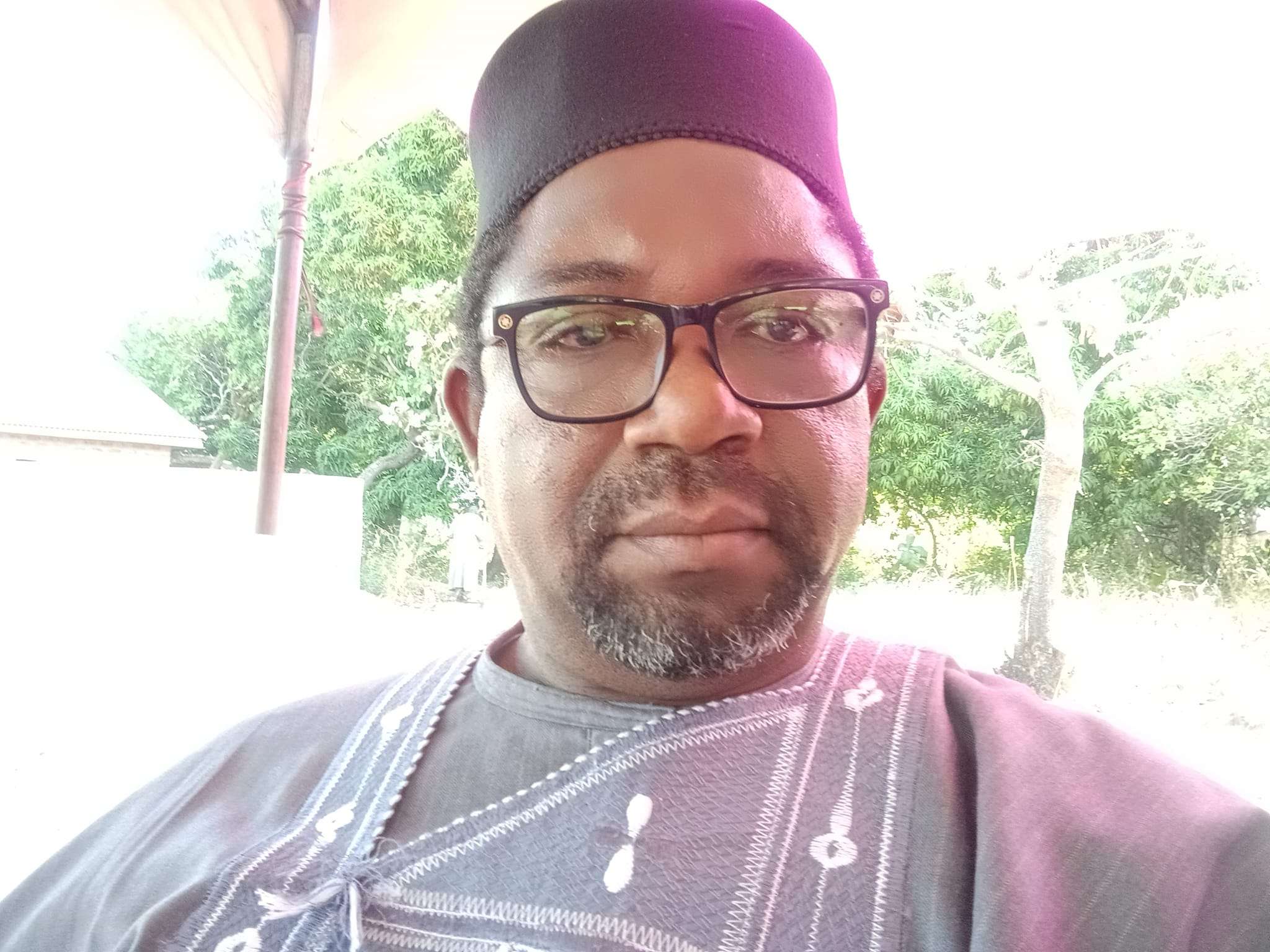
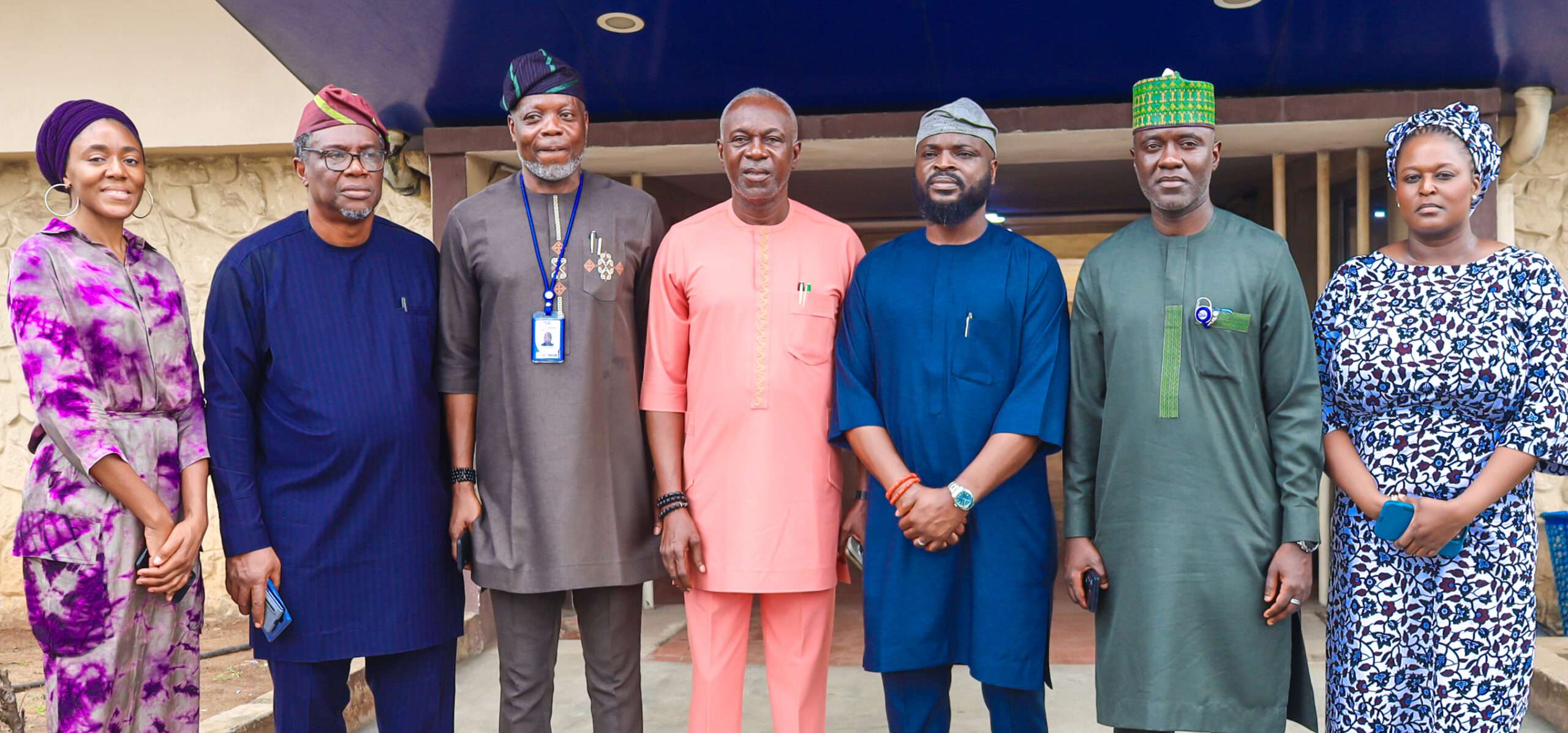

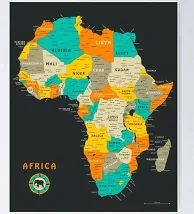

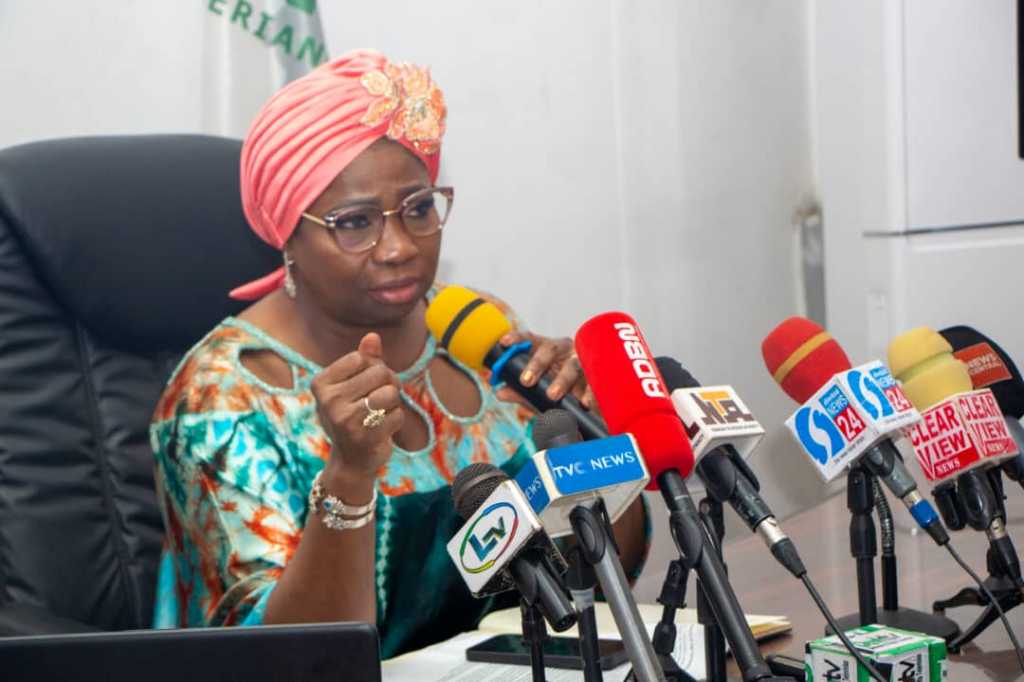

One Response
Appreciating the time and effort you put into your blog and detailed information you present. It’s nice to come across a blog every once in a while that isn’t the same unwanted rehashed information. Excellent read! I’ve bookmarked your site and I’m adding your RSS feeds to my Google account.
https://www-winpot.com